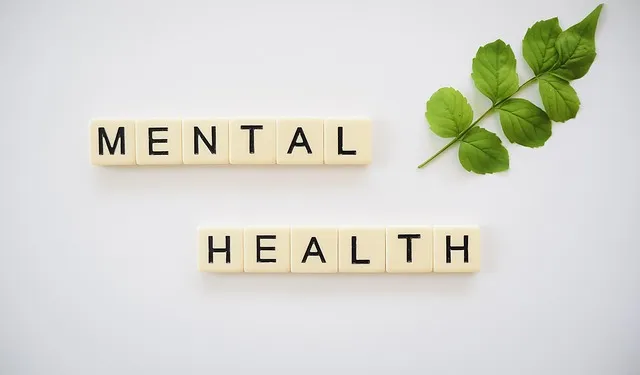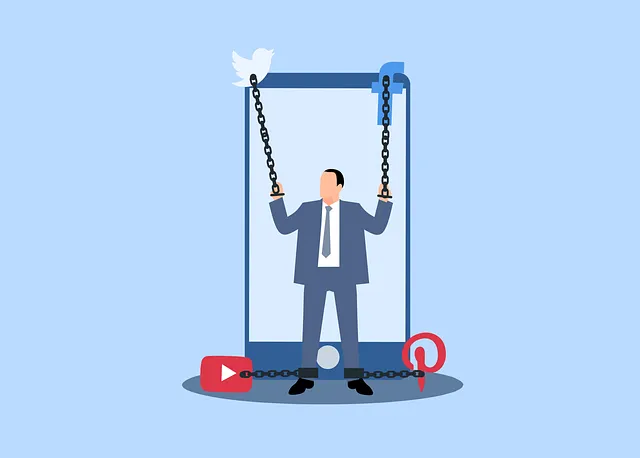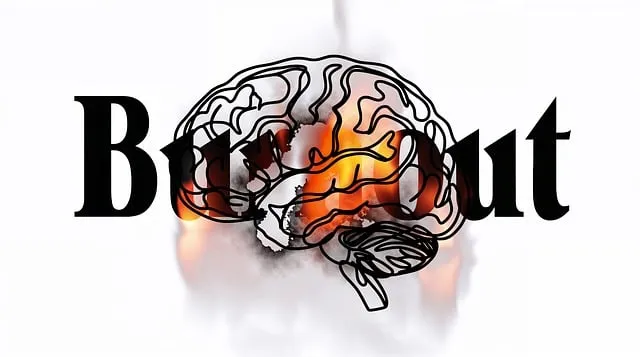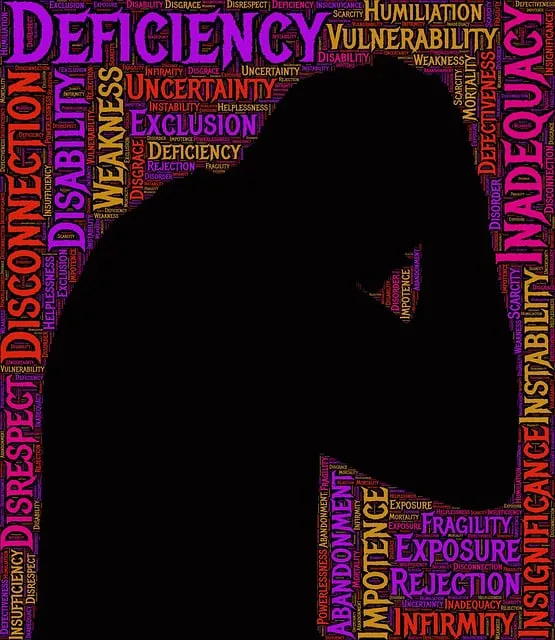The Castle Rock Kaiser Permanente mental health center offers specialized social skills training programs designed to enhance emotional well-being and overall mental health. These evidence-based programs, led by expert therapists, focus on building confidence in social situations, effective communication, emotional regulation, and cultivating supportive relationships. Through small group sessions, individualized support, mindfulness practices, cognitive reframing, and compassion cultivation, the center empowers individuals to manage challenges, reduce isolation, and improve long-term mental health outcomes—benefitting both patients and healthcare providers by preventing burnout.
Social skills training is a powerful tool for managing mental health conditions, fostering better relationships, and enhancing overall well-being. This article explores the critical connection between social skills and mental health, highlighting the role of institutions like the Castle Rock Kaiser Permanente Mental Health Center in providing effective training programs. We’ll delve into key components, benefits, and implementation strategies, offering valuable insights for individuals seeking to improve their social interactions and mental health through specialized training.
- Understanding the Link Between Social Skills and Mental Health
- The Role of Castle Rock Kaiser Permanente Mental Health Center in Training
- Key Components of Effective Social Skills Training for Mental Health Conditions
- Benefits and Implementation Strategies for Social Skills Training Programs
Understanding the Link Between Social Skills and Mental Health

At the Castle Rock Kaiser Permanente mental health center, we recognize that social skills are integral to an individual’s emotional well-being and overall mental health. The connection between these two aspects is profound; lacking adequate social interaction and healthy communication strategies can exacerbate existing mental health conditions, while cultivating robust social connections and positive interpersonal exchanges can serve as powerful burnout prevention strategies for healthcare providers and promote the Mind Over Matter principles that empower individuals to manage their mental health effectively.
By understanding this link, our center offers tailored programs and resources that focus not only on treating symptoms but also on enhancing patients’ ability to navigate social situations with confidence and resilience. Through various Emotional Well-being Promotion Techniques, we equip individuals with the tools needed to build supportive relationships, express emotions healthily, and cope constructively with social challenges, ultimately fostering a sense of belonging and purpose that contributes to long-term recovery and improved quality of life.
The Role of Castle Rock Kaiser Permanente Mental Health Center in Training

The Castle Rock Kaiser Permanente Mental Health Center plays a pivotal role in fostering mental wellness and promoting self-esteem improvement through comprehensive social skills training. As a leading healthcare provider, the center offers specialized programs tailored to address the unique challenges faced by individuals with various mental health conditions. Their expert team of therapists and counselors utilize evidence-based techniques to equip participants with essential social skills, enhancing their ability to navigate daily interactions and build supportive relationships.
Through small group sessions and individualized support, Castle Rock Kaiser Permanente empowers clients to develop effective communication strategies, improve emotional regulation, and cultivate positive social connections. The center’s commitment to Mental Health Awareness is evident in their holistic approach, which integrates skill-building exercises with a nurturing environment, fostering a sense of belonging and empowerment among participants.
Key Components of Effective Social Skills Training for Mental Health Conditions
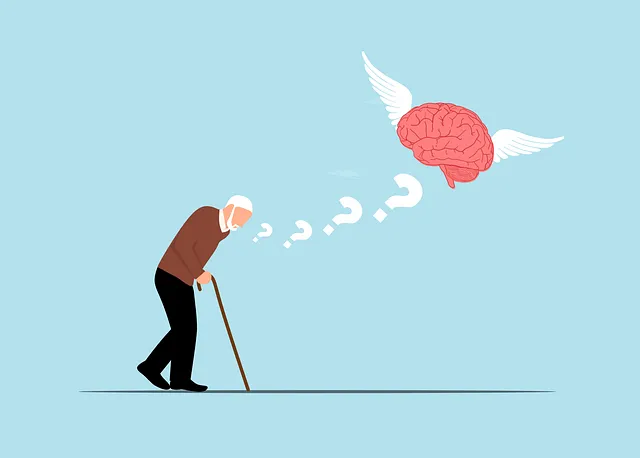
Social Skills Training for Mental Health Conditions at Castle Rock Kaiser Permanente mental health center goes beyond mere communication techniques. Effective programs must incorporate several key components to foster meaningful connections and enhance overall well-being. First, self-care practices are integral; participants learn strategies to manage stress and regulate emotions, ensuring they can engage socially without overwhelming their coping mechanisms.
Additionally, cultivating positive thinking through mindfulness exercises and cognitive reframing helps individuals see the value in social interactions and build resilience against negative thoughts or self-criticism. Perhaps most importantly, programs should teach compassion cultivation practices, encouraging empathy and understanding towards oneself and others, which can lead to deeper connections and improved mental health outcomes at the Castle Rock Kaiser Permanente mental health center and beyond.
Benefits and Implementation Strategies for Social Skills Training Programs

Social Skills Training Programs offer a multitude of benefits for individuals managing mental health conditions at Castle Rock Kaiser Permanente mental health center and beyond. By focusing on improving communication, empathy, and conflict resolution skills, these programs empower participants to navigate social interactions with greater confidence and ease. This can lead to enhanced relationships, improved self-esteem, and reduced feelings of isolation—all crucial factors in supporting long-term mental well-being.
Implementing these training programs requires a structured yet flexible approach. Mental Health Education Programs Design should prioritize interactive workshops that encourage role-playing, group discussions, and real-life practice scenarios. Incorporating strategies for stress management and anxiety relief, such as mindfulness exercises or cognitive behavioral techniques, can further enrich the learning experience. At Castle Rock Kaiser Permanente mental health center, tailored programs that consider individual needs and progress are key to ensuring participation and positive outcomes, fostering a nurturing environment where inner strength development flourishes.
Social skills training, as an integral part of comprehensive mental health care, offers a promising approach to empowering individuals with conditions like anxiety, depression, and social phobias. The Castle Rock Kaiser Permanente Mental Health Center has been at the forefront of this initiative, providing effective programs that cater to diverse needs. By focusing on key components such as communication strategies, emotional regulation, and social interaction practice, these training programs can significantly improve individuals’ quality of life. Implementing social skills training, with its proven benefits, is a vital step towards fostering better mental health outcomes and enhancing the overall well-being of those seeking support at centers like Castle Rock Kaiser Permanente.
